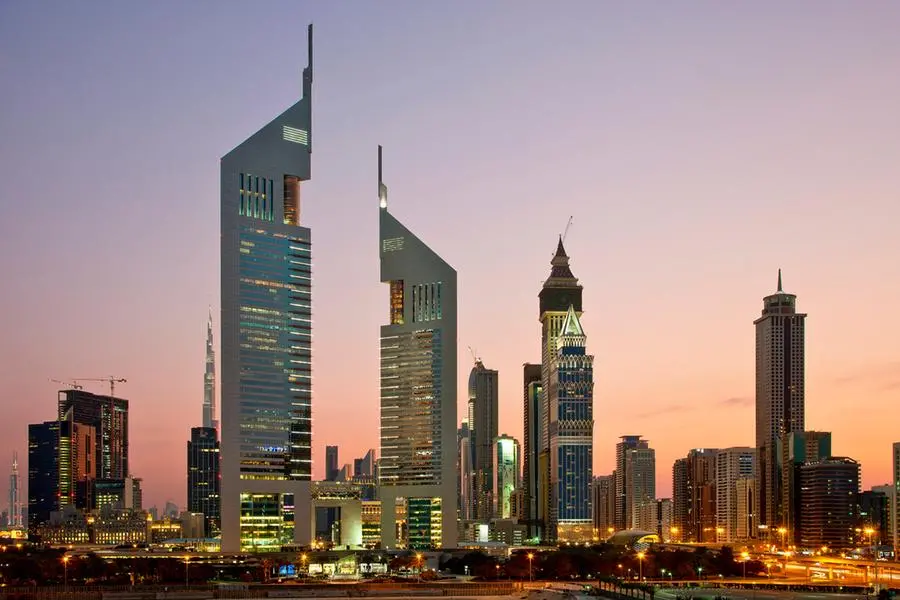PHOTO
Operating conditions in the Dubai non-oil private sector economy improved sharply in the penultimate month of the year, despite the rate of growth softening from October, analysts at S&P Global said.
Despite a slowdown in sales growth after hitting a peak in October, activity levels remained on a strong upwards trend, with inventories also continuing to rise at a historically rapid pace, S&P said in its PMI Survey report.
“Strong demand, new clients and increased project work underlined a robust expansion in new order intakes midway through the final quarter of the year, fuelling a rapid increase in non-oil economic activity,” S&P said.
Dubai's ongoing economic performance extends the momentum of growth achieved in 2022, when the emirate expanded by 4.4 per cent. It is forecast to grow by 3.5 per cent in 2023, according to Emirates NBD. Dubai, which started 2023 with an ambitious 10-year plan to double its economy, unveiled a raft of measures intended to achieve its goal.
The 10-year plan has been designed to make the city a powerful force globally, as the UAE moves away from its reliance on oil. Most of Dubai’s revenues are non-oil based nowadays and it is already leading the way in generating income from other sources, such as tourism and finance. The UAE’s economy grew 3.7 per cent in the first half of the year as the country stepped up efforts to become less reliant on oil and more dependent on knowledge-based industries.
The emirate’s Purchasing Managers’ Index maintained a positive trajectory, slightly decreasing from 57.4 in October to 56.8 in November, according to S&P Global data that showed that new business growth eased from October’s 52-month peak, leading to diminished confidence among non-oil companies regarding the activity outlook.
David Owen, senior economist at S&P Global Market Intelligence, said the Dubai PMI signalled that demand momentum had come off the accelerator pedal in November, as multiple non-oil sectors recorded a slowdown in new business growth.
“Softness in the demand environment contributed to a steep drop in year-ahead expectations, with firms indicating some concern about how they will perform as market competition toughens. That said, with these forward-looking survey metrics merely rowing back from multi-year highs in October, the latest data continues to put the non-oil sector in a positive overall position,” said Owen.
In addition, other metrics such as output and inventories remained strong compared to historical trends, suggesting that firms are still expecting to grow and hence expanded both input buying and output volumes, he added.
The PMI is derived from individual diffusion indices which measure changes in output, new orders, employment, suppliers’ delivery times and stocks of purchased goods. The survey covers the Dubai non-oil private sector economy, with additional sector data published for travel and tourism, wholesale and retail and construction.
Although it dropped for the first time in three months, the headline index was indicative of another robust upturn in the health of the non-oil private sector. The index has stayed above the 50.0 no-change mark every month since December 2020.
“The expansion in output picked up to the sharpest since July and remained much stronger than the series long-run trend. While new order growth also stayed above trend, November data indicated a clear slowdown from October's 52-month record. After accelerating one month ago, sales momentum in all three of the key monitored sectors dropped to the weakest since August,” the report noted.
Some firms cited increased market competition. The tougher sales environment also took a heavy toll on business projections for the next 12 months, with confidence falling sharply in November to the lowest in October, particularly wholesale and retail.
Copyright © 2022 Khaleej Times. All Rights Reserved. Provided by SyndiGate Media Inc. (Syndigate.info).




















